Call for Papers: Tourism Review
Special Issue on Gender and Mobility in Tourism
Guest Editors:
Jaeyeon Choe, PhD
Centre for Events, Leisure, Society & Culture, Faculty of Management
Bournemouth University, UK
Cristopher Livecchi, PhD
Department of Geography
State University of New York, USA
Gender in/and tourism have been gaining an increasing attention from tourism scholars since the 1990s (e.g., Aitchison, 2005; Figueroa-Domecq et al., 2015; Ferguson, 2011; Ireland, 1993; Pritchard & Morgan, 2000; Munar et al., 2015; Swain, 1995). Despite growing interest and published works, the nexus of tourism and gender has not been thoroughly explored by researchers. Gender and tourism literature is fragmented, with a lack of communication and collaboration across disciplines even though there are overlapping topic areas and discussions. There has not been enough interdisciplinary research work carried out, leading to fragmented literature reviews, theorization processes and methods. Thus, the primary aim of this special issue is to thoroughly review the theories, theorization processes and methods/methodology of gender studies in tourism, by encouraging the incorporation of LGBT, queer studies and ‘White’ feminism concepts and theories.
Secondly, we are interested in exploring how migration and mobility in a globalising world have affected gender issues in relation to tourism, and implications of practices, politics and meanings of mobility for women (Porter, 2011). Migration theory had begun to include feminist theory in the early 1990s (Chant ,1992), and has provided insights into the connections and the mutually constitutive relationship between the construction of masculinities and masculinist ideologies; and migration, (im)mobilities and transnationalism and gender issues. As scholars interested in migration and mobilities work collaboratively and transnationally across different worlds (Yeoh & Ramdas, 2014), papers that address how migration and gender issues influence tourism research and practices are welcome. We also welcome papers that incorporate action research, as well as papers that develop future research directions.
In summary, this special issue, we seek papers related to issues about (im)mobilities, migration, LGBTQ, ‘White’ feminism, action research, social sustainability and the cultural geography of gender and tourism. We invite contributions from a variety of disciplines including anthropology, geography, sociology, psychology, cultural studies, leisure studies, tourism studies and education. We invite you to submit papers on topics that include (but are not limited to):
– Migration and gender (in)equality
– Gender politics, migration and (im)mobilities
– Action research in gender and tourism
– Research methods development
– LGBT/queer studies in tourism field
– ‘White’ feminism/ ‘White’ masculinity
– Cultural geography of gender and tourism
– Social sustainability and gender issues
– Gender and the Sharing Economy
– “Dangerous women” in tourism
– Implications of practices, politics and meanings of mobility for women
– Gender, migration and (im)moralities in developing worlds
– Brexit and its potential impact on immigrant women communities
Each article should be approximately 3000-5500 words long.
Submission Deadlines:
· 500 words abstract due: 20 December 2016
· Full paper due: 20 February 2017
Please send your abstracts/papers to Jaeyeon Choe, PhD (jchoe@bournemouth.ac.uk)
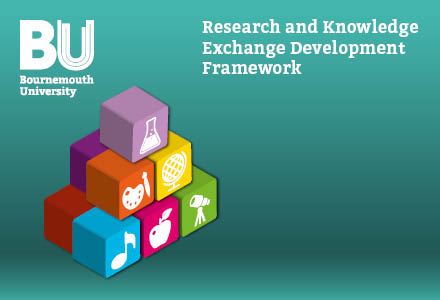
 Most of us shop for food in supermarkets on a regular basis, but do we give enough thought to the data gathered about our shopping habits? Barcode scanners can provide supermarkets with a wealth of information about consumer behaviour and food pricing.
Most of us shop for food in supermarkets on a regular basis, but do we give enough thought to the data gathered about our shopping habits? Barcode scanners can provide supermarkets with a wealth of information about consumer behaviour and food pricing.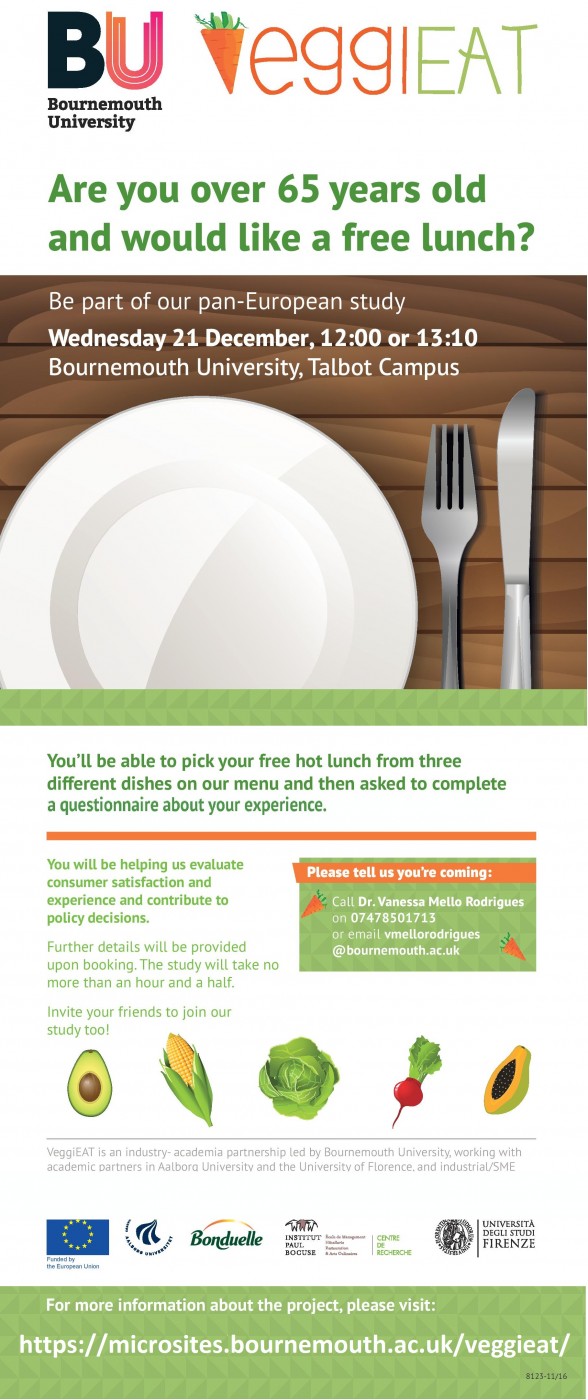
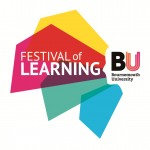 Don’t miss our drop-in sessions where we can offer you support in planning your event for Festival of Learning 2017.
Don’t miss our drop-in sessions where we can offer you support in planning your event for Festival of Learning 2017.
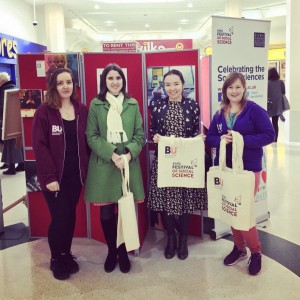
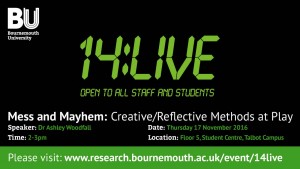
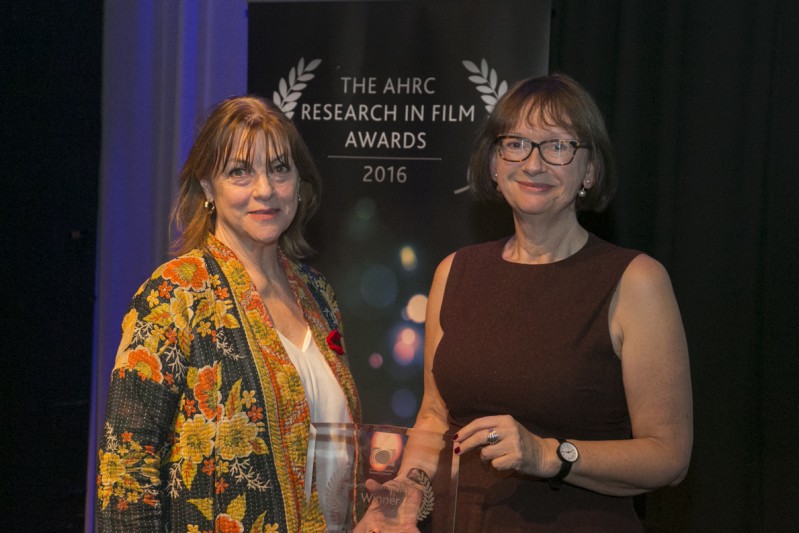
 ‘Research Fingerprinting’ is a new development on the Research Professional platform that delivers highly relevant funding opportunities to researchers. This will go live at BU on Tuesday, 8th November.
‘Research Fingerprinting’ is a new development on the Research Professional platform that delivers highly relevant funding opportunities to researchers. This will go live at BU on Tuesday, 8th November.










 FHSS academics teaching in Nepal
FHSS academics teaching in Nepal New weight change BU paper
New weight change BU paper One week to go! | The 16th Annual Postgraduate Research Conference
One week to go! | The 16th Annual Postgraduate Research Conference Geography and Environmental Studies academics – would you like to get more involved in preparing our next REF submission?
Geography and Environmental Studies academics – would you like to get more involved in preparing our next REF submission? Congratulations to three former BU staff
Congratulations to three former BU staff MSCA Staff Exchanges 2024 Call – internal deadline
MSCA Staff Exchanges 2024 Call – internal deadline Applications are now open for 2025 ESRC Postdoctoral Fellowships!
Applications are now open for 2025 ESRC Postdoctoral Fellowships! Horizon Europe – ERC CoG and MSCA SE webinars
Horizon Europe – ERC CoG and MSCA SE webinars MaGMap: Mass Grave Mapping
MaGMap: Mass Grave Mapping ERC grants – series of webinars
ERC grants – series of webinars